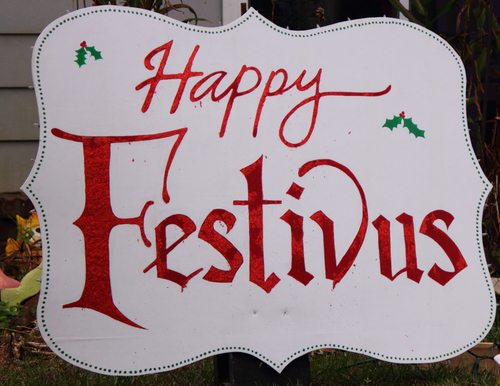
When it comes to spoofing and mockery, there will be many different opinions about what is fair game. From people to places to ideas, many things are subject to parody, often as criticism or litigation of society’s understanding or execution of certain concepts. Unsurprisingly, religion is no exception.
Parody religions describe spoofs of belief systems intended to be humorous, sometimes thought-provoking, and occasionally a means to connect like-minded individuals. Let’s take a closer look at parody religions.
Examining the Origins
Sometimes called mock religions, parody religions usually arise as a counter or commentary to an existing belief system, often one that is dominant in a particular society or culture. These mock religions are sometimes based on a particular sect or denomination of an existing faith. Some parody religions are built on a critique of religion or pro-religious attitudes in general. In some cases, mock faith is conceived as a spoof of a tradition or custom associated with an established religion or religious movement.
Exploring Some Popular Parody Religions
Let’s take a look at a few popular mock religions:
- Church of the Flying Spaghetti Monster: This mock faith is a social movement originated by physics student Bobby Henderson as a criticism of the Kansas School Board’s decision to teach the concept of Intelligent Design in public schools. Also called Pastafarianism (a portmanteau of “pasta” and “Rastafarianism”), this parody faith involves the deity, the Flying Spaghetti Monster, who created the universe after drinking heavily. Pastafarianism is often expressed as a modern version of philosopher Bertrand Russell’s argument that those who make religious claims bear the burden of proof, not those who reject said claims. Despite this, some acknowledge this mock religion as a valid belief system.
- Dudeism: Inspired by the main character of the 1998 film, “The Big Lebowski,” this mock religion was founded by journalist Oliver Benjamin. Officially called The Church of the Latter-Day Dudes, this movement is characterized as an alternate take on Taoism. Adherents believe in meeting life’s challenges by “going with the flow.” Though conceived as a parody of faith, this church includes almost 450,000 ordained ministers worldwide.
- Last Thursdayism: This parody spoofs the idea of Omphalism, which attempts to reconcile Christianity’s assertion that the Earth is thousands of years old with scientific evidence that the Earth is billions of years old. Last Thursdayism argues the universe was created “last Thursday,” using things known to exist before. Last Thursdayism originated on Usenet chat groups in the 1990s. Another popular variation is Next Wednesdayism, based on film director John Landis’ running gag, See You Next Wednesday.
- Festivus: While not strictly a religion, Festivus began as a parody of the way Christmas is celebrated in many Western societies, specifically the commercialism associated with the holiday. Created by author Daniel O’ Keefe, this holiday entered pop culture after being depicted on an episode of the sitcom, “Seinfeld.” Despite its origins, Festivus has been adopted by many either as an alternative to Christmas or an additional holiday in the collective “Happy Holidays” that make up the end of the Gregorian calendar year. Festivus rituals include a meal, the erection of an unadorned pole (the opposite of a Christmas tree), and the “airing of grievances.”
While many religious followers consider their beliefs important, if not sacred, it’s worth taking an objective look at parody religions. Many originate as a criticism or commentary on established faiths and their practices. Belief systems historically have had major influences on society, including ways that many have found problematic. Interestingly enough, some parody religions have become actual religious movements, highlighting the power of belief, regardless of its origin.

